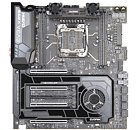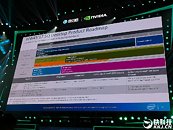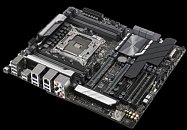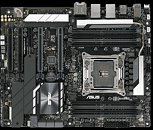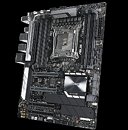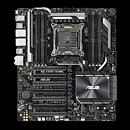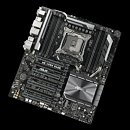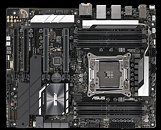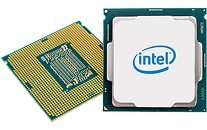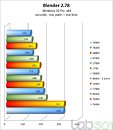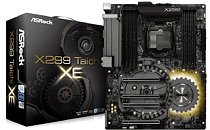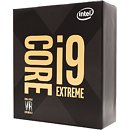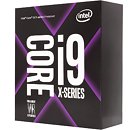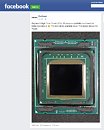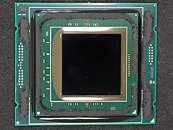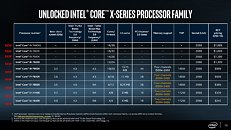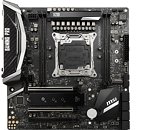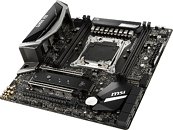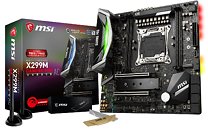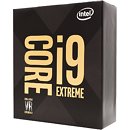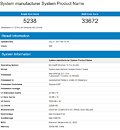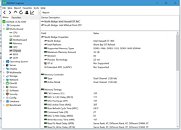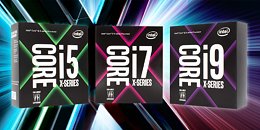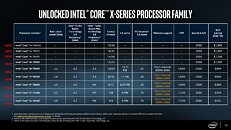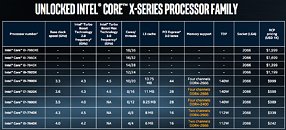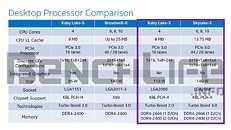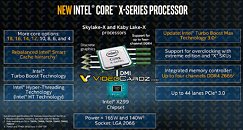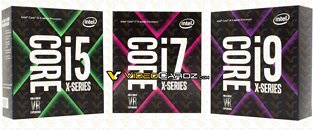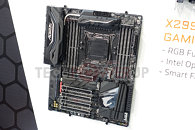Videocardz is advancing an exclusive in that Intel seems to be about to introduce even more cores in a single package than previously thought. Intel's X299 platform, which we've just started officially started seeing some motherboards for (just scroll down on our news feed), looks to be the awakening of a slumbering giant. But you don't have to believe me on this: before we ever knew of AMD's Ryzen line of processors (much less about their Threadripper line), leaks on Intel's Skylake-X and Kaby Lake-X processors only showed core counts up to
10-cores - in line with previous Intel HEDT platforms (see below image.) Cue more recent
leaks, and it would seem that Intel is increasing the core-counts on its upcoming platform on a daily basis - especially if the most recent leak referencing 14, 16 and 18-core parts pans out. (I am reminded of a "moar cores" meme that used to float around the web. Maybe one of you in the comments can find it for me?)
A new, leaked slide on Intel's X-series processors shows 18, 16, 14, and 12-core configurations as being available on the upcoming X299 platform, leveraging Intel's turbo Boost Max Technology 3.0 (which is apparently only available on Intel's Core i9-7820X, 7900X, 7920X (which we
know to be a 12-core part), 7940X (probably the 14-core), 7960X (16-core) and the punchline 7980XE 18-core processor, which should see a price as eye-watering as that name tumbles around on the tip of the tongue. There is also mention of a "Rebalanced Intel Smart Cache hierarchy". But you don't want me to be rambling on about this. You want to comment about this story. Feel free to partake in a joyous conversation over these news (I'll also leave you with a bonus picture of some purported, upcoming Intel X-series packaging efforts. They're certainly colorful.)


